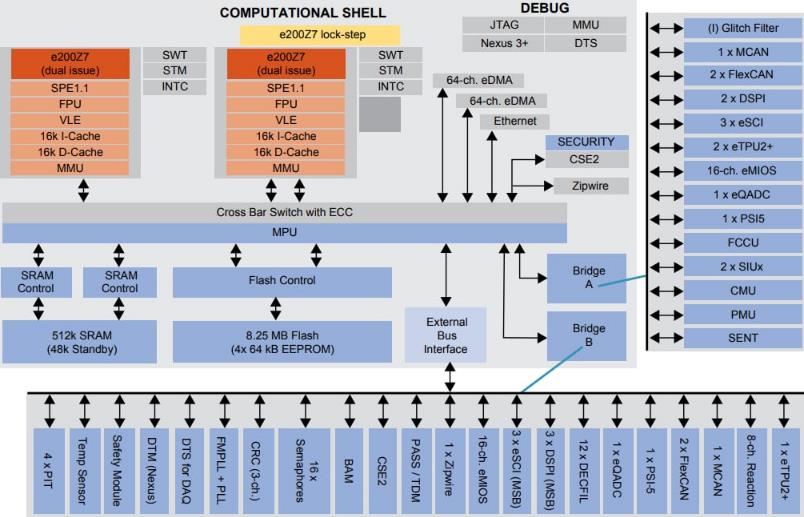China, the world’s largest electric vehicle (EV) market, is taking steps to reduce its dependence on foreign chip suppliers and boost its domestic production of semiconductors. The country’s Ministry of Industry and Information Technology (MIIT) has issued a notice that it will set its own standards for automotive semiconductors, starting from 2024.
China is the world’s largest EV market, accounting for more than half of global sales in 2020. However, the country also relies heavily on imports of chips from other countries, especially for advanced technologies such as artificial intelligence, autonomous driving and battery management systems. This has created a supply chain bottleneck that has affected the production and delivery of EVs in China.
The chip shortage has also been exacerbated by the COVID-19 pandemic, which disrupted global trade and logistics. Moreover, China faces geopolitical tensions with some of its major chip suppliers, such as the United States and Taiwan, over issues such as technology transfer and national security.

How will China develop its own chip-making capabilities?
To address the chip shortage and reduce its reliance on foreign suppliers, China is investing heavily in developing its own chip-making capabilities. The MIIT has announced that it will support the establishment of domestic semiconductor companies that can produce chips for various applications, including automotive. The government will also provide subsidies and tax incentives for chip research and development projects.
One of the key areas that China is focusing on is solid-state batteries, which use solid electrolytes instead of liquid ones. Solid-state batteries have higher energy density, faster charging speed and longer lifespan than conventional lithium-ion batteries. They are also safer and more environmentally friendly. Several Chinese automakers have announced plans to use solid-state batteries in their future EV models.
Another area that China is pursuing is artificial intelligence (AI), which is essential for enhancing the performance and safety of EVs. AI can enable features such as adaptive cruise control, lane keeping assist, collision avoidance and parking assistance. China has been developing its own AI chips for various applications, such as smart cities, smart health care and smart education.
What are the challenges and opportunities for China’s chip industry?
China’s efforts to develop its own chip industry face several challenges, such as:
- The lack of mature technology and expertise in some key areas
- The high cost and complexity of building large-scale chip fabrication plants
- The competition from other countries that are also investing in chip innovation
- The potential trade barriers and sanctions from some foreign governments
However, China also has several opportunities to leverage its strengths in some aspects, such as:
- The huge domestic market demand for chips
- The abundant talent pool and research resources in science and engineering
- The supportive government policies and incentives for innovation
- The strategic partnerships with other countries that share common interests
China’s move to set its own standards for automotive semiconductors reflects its ambition to become a global leader in EV technology. By developing its own chips, China hopes to achieve self-reliance, quality improvement and cost reduction in the EV industry.
